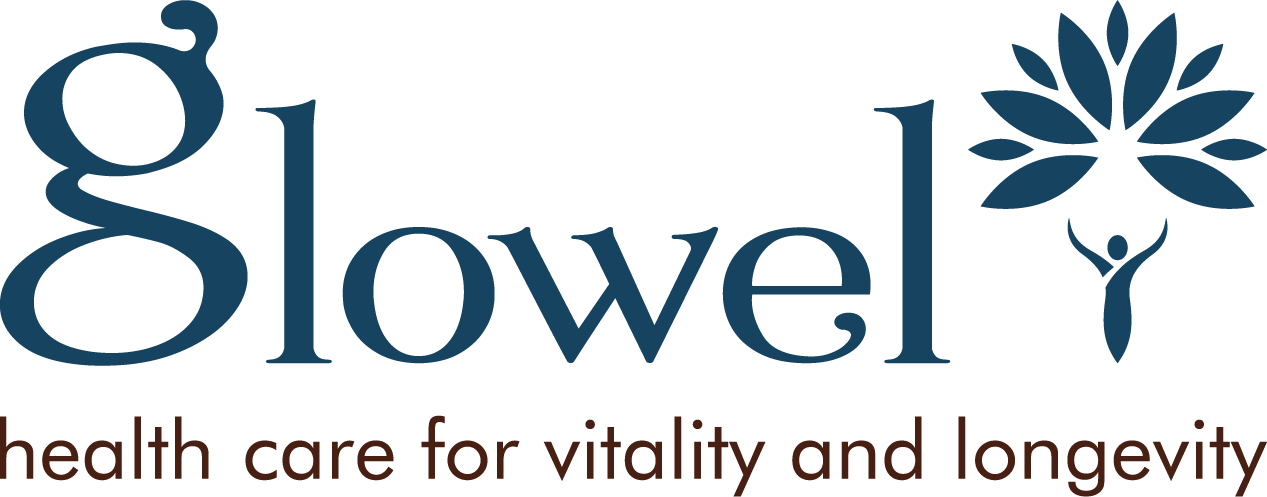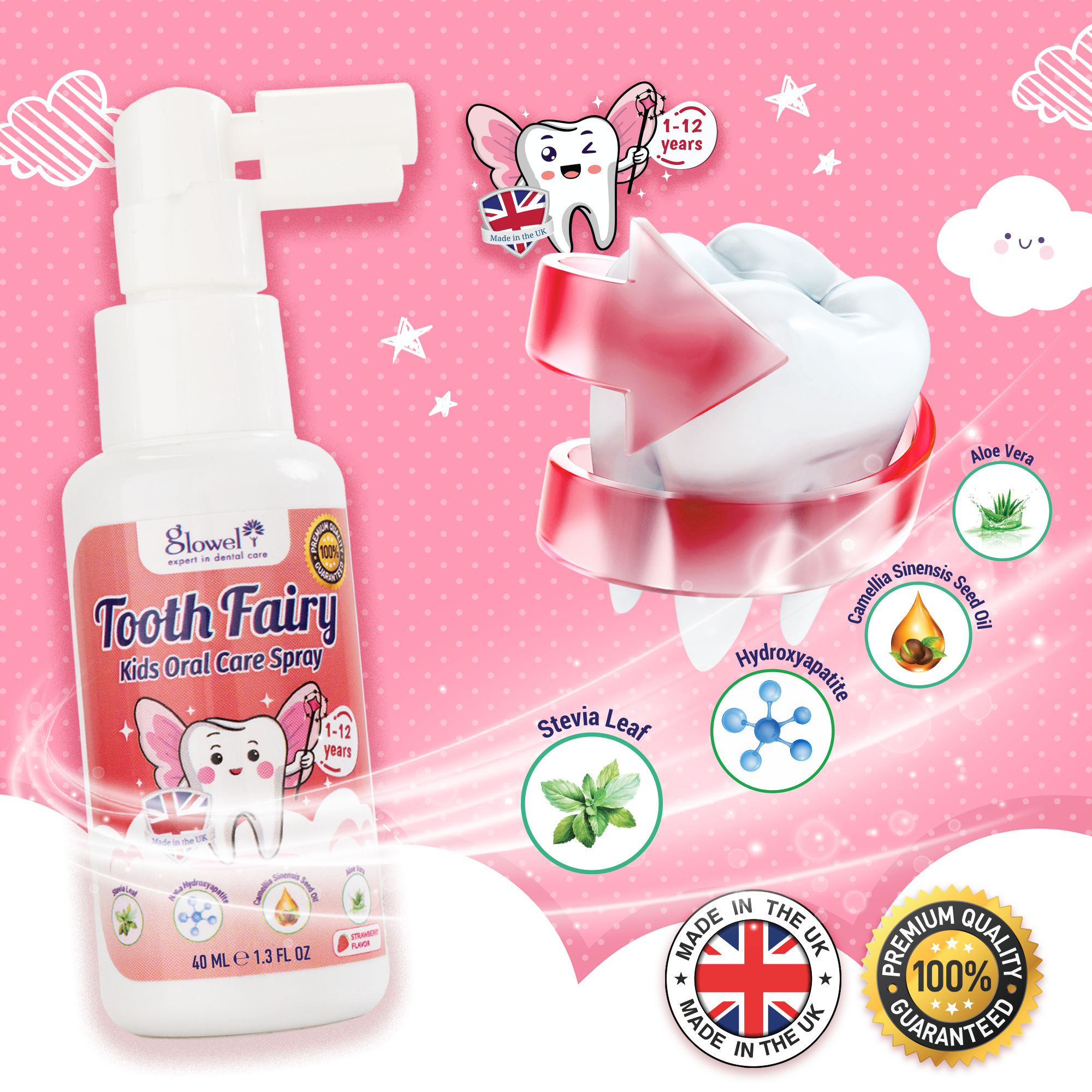Teenagers – they’ve got it easy, right? No responsibilities, no financial worries, they just go to school or college for a few hours, then come home and chill with their mates.
Actually, nothing could be further from the truth. Teenagers today are under more stress and pressure than ever before – stress from school/college, pressure from parents, pressure to fit in and look a certain way, all-too-easy access to junk food and not enough eating the right foods, and hours of homework a night. When do they even find time to sleep?
Too often, people will laugh off the stresses that teenagers have – that first paragraph is a typical response from the majority of people when the subject is broached – but these are very real, and potentially serious, problems.
Stress
The World Health Organisation conducted a study of teenagers across 42 countries and regions and found that teenagers in Britain suffer more stress than in any other country. So what is causing this epidemic among our teenagers? Research carried out by the Department of Education, which was conducted on 30,000 14-15-year-old pupils, showed that 37% of girls showed 3 or more signs of psychological distress, while the figure for boys was lower, at 15%. Reasons for these figures have been cited as exam stress, body image worries, early sexualisation, bullying, and uncertainty about the future. However, although the figures show that more girls than boys suffer from these issues, a further study carried out by Manchester University National Confidential Inquiry into Suicide and Homicide by People with Mental Illness (NCISH) showed that out of 130 suicides of people under 20 between January 2014 and April 2015, 70% of those were boys.
Supplements for Stress
There isn’t a lot that can be done in terms of the stressors, but there is quite a lot of help available in terms of dealing with it. For instance, In a study carried out at the Brain Performance and Nutrition Research Centre, 30 volunteers were given either a placebo, 200mg or 400mg of Ginseng, for eight days. At the end of the trial, those on the 400mg dose not only reported an improvement in calmness (reduction in stress) but also displayed improved mental arithmetic skills. Another hugely important supplement when it comes to stress is Vitamin B complex. The complex is made up of eight vitamins, all of which play a vital role in our health. A study carried out by Swinburne University in Melbourne on work-related stress, showed that volunteers who were given a Vitamin B Complex supplement reported a 20% reduction in work-related stress compared to those who were given a placebo. Finally, Magnesium. Research shows that magnesium deficiency makes us more prone to depression (as well as many other illnesses. But here’s the interesting part – stress causes a depletion of magnesium levels, and a depletion of magnesium causes further stress! A study of 264 patients in France with generalised anxiety disorder found that a substantial number of men and women reported improvements on a magnesium regimen, while another study suggested that magnesium can have a positive effect on depression too.
Supplements for Sleep Disturbances
With so much time being spent studying, not only at school but also at home, teenagers just aren’t getting enough sleep. According to the American Academy of Sleep Medicine , teenagers need between 8 and 10 hours of sleep a night. However, puberty brings about a change in the production of melatonin, the hormone responsible for inducing sleep, meaning that teenagers just don’t feel tired until very late at night, so even if they go to bed early they won’t necessarily sleep, and then they have to get up early for school. Furthermore, with so much homework being given on a daily basis, teenagers often stay up into the early hours to complete it, reducing their sleep time even further. Add to that the worry many teenagers feel, not only about exams but the many other facets of teenage life, and it’s a recipe for disaster. But there are, thankfully, a couple of things which can help teenagers make the most of the ‘sleep’ time they do have. Tryptophan is an amino acid which helps to regulate sleep. Vitamin B6 converts tryptophan into serotonin, which is a neurotransmitter that helps to regulate sleep. A deficiency of B-6 can cause insomnia, exacerbating the sleep problems teenagers already face. Another supplement to turn to is 5-HTP. Melatonin is the hormone needed for sleep, but in order for it to be produced a process must first take place. Tryptophan is converted into a substance called 5-Hydroxytryptophan, or 5-HTP, which is then converted into serotonin and then melatonin. By taking 5-HTP supplements, the amount of serotonin, and ultimately melatonin is increased, and sleep can be achieved in a shorter time and be of a better quality.
Supplements for Better Nutrition
With time at a premium for teenagers, junk food is often their go-to meal choice. But during their teenage years, children grow and develop rapidly, so their need for the right nutrients is high. For instance, 50% of the skeleton is created during our teen years, so it is a time when intake of vital vitamins and minerals should be optimum. For healthy bones, it is essential that levels of vitamin D, Calcium, and Magnesium are maintained, and yet many teenagers fall woefully short. Vitamin D can be obtained through exposure to sunlight, but with most teenagers spending so much time indoors, that exposure is limited. Vitamin D is essential for the absorption of calcium, which is, in turn, essential for growing and maintaining healthy bones. Pretty much everybody is aware of the importance of Vitamin C for fending off colds, but it is SO much more than that. Vitamin C is an antioxidant which helps to fight the free radicals which threaten our health, and with many teens eating the wrong foods, and smoking (or passive smoking from their peers), for instance, it is vital that they have an adequate intake. The body doesn’t make Vitamin C, so the recommended dose of 65-75mg per day for teenagers has to come from dietary means, either from citrus fruits, and vegetables, or in the form of a supplement. Potassium is a mineral which many teens will also be lacking, as it comes from food sources that they might not want to eat, (such as bananas), or have time to eat, so a supplement is an easy way of keeping up their levels. The role of potassium in the body is to maintain fluid levels, which is essential for nerve communication and muscle function. The recommended daily dose is 4700 mg – to put this into perspective a medium banana contains around 420. Lastly, when it comes to the nutrients which may be lacking, Fibre is contained within all the foods teenagers tend to avoid! Fruit, vegetables, and whole grains. But fibre is essential in keeping the bowel healthy – something which the fast foods and sugar many teens eat do not. Guidelines state that a teenager should be consuming around 38g of fibre a day.
Supplements for Energy
Studying, lack of sleep, and poor nutrition all contribute to the lack of energy many of today’s teens feel. Coffee and energy drinks are often their go-to for an energy boost, but how much is too much? You’d be surprised. A teenager’s recommended limit of caffeine per day is 100mg. Sounds a lot, until you realise that a large coffee from Starbucks contains a whopping 330mg! Going over the recommended limit can lead to all sorts of negative side effects, such as insomnia, irritability, stomach upset, anxiety, tremors…all adding on to the long list of problems teenagers are already going through.
So what is the alternative? Fortunately, there are natural, healthier options which teenagers can take to boost their energy levels. In a trial run by the Mayo Clinic, 340 patients who were either being treated for cancer or had completed their treatment were given either Ginseng or a placebo. After eight weeks, those who had taken the ginseng reported a 20% improvement in energy levels compared to those who received a placebo. Obviously, we’re not talking about illness-induced fatigue in the teenagers, but the study does show the efficacy of ginseng in boosting energy levels. Cordyceps is a little-known supplement, and yet it is a massively powerful substance which deserves much more press. In the 1993 Olympics, three Chinese female athletes broke five world records, prompting talk of doping. However, when they were tested the only thing the runners were found to have taken was a natural supplement called Cordyceps Sinesis – a mushroom grown in the Himalayas and totally legal. Not only is it becoming more widely recognised as an energy and stamina booster, it also has many other health benefits, such as boosting the immune system, a must in every teenager’s life! Another supplement which is becoming more well-known, and which is a great energy-booster, is Maca– a member of the cruciferous family, along with broccoli and cabbage, which is considered a superfood because of its healthy giving properties. Users have reported that using Maca makes them feel more energetic and more awake, thought to be because of the powder’s ability to regulate blood sugar levels and maintain adrenal health.
Supplements for Puberty
In addition to the stresses of exams, the peer pressure, the homework and the hours spent concentrating at school, teenagers are also having to deal with puberty, and all that it brings. Girls have the added problems that can come about from having periods, such as a lack of iron. Iron deficiency can result in breathlessness, tiredness, and fainting, and yet according to NHS figures only 60% of teenage girls get the recommended amount of iron in their diets. Iron can come from a variety of foods, but with many teenage girls choosing to follow a vegetarian diet almost half of that dietary intake is gone. The recommended daily amounts of iron are about 11 mg for teenage boys, and 15 mg for girls.
Supplements for Study
Most adults would find it difficult to keep up the levels of concentration teenagers who are going through exams are expected to, and yet they do it day in and day out. Taking a supplement which is known for its brain-boosting properties can aid teenagers who are finding it hard to concentrate on their studies. Research has found that, while junk food can disrupt a process called neurogenesis (the growth of new nerve cells), taking Omega Oils actually counteracts these destructive effects and stimulates the part of the brain responsible for learning and memory. Ginkgo and Ginseng are also powerful supplements, especially when taken together. A study carried out on 256 healthy volunteers showed that, after taking a combination of ginkgo and ginseng, the volunteers showed a significant improvement in memory quality, equivalent to an average improvement of 7.5%.
While there is nothing that can be done to remove the presence of studying, exams, and the related stresses, there are a number of things which can be done to help a teenager deal with those stresses. Ensuring a healthy diet, adequate sleep, and taking the appropriate supplements as mentioned above, will go a long way towards alleviating the sometimes debilitating side effects many teenagers face during this turbulent time in their life.
As James Dean, not long out of his teens himself, once said:
“I can’t change the direction of the wind, but I can adjust my sails to always reach my destination.”



